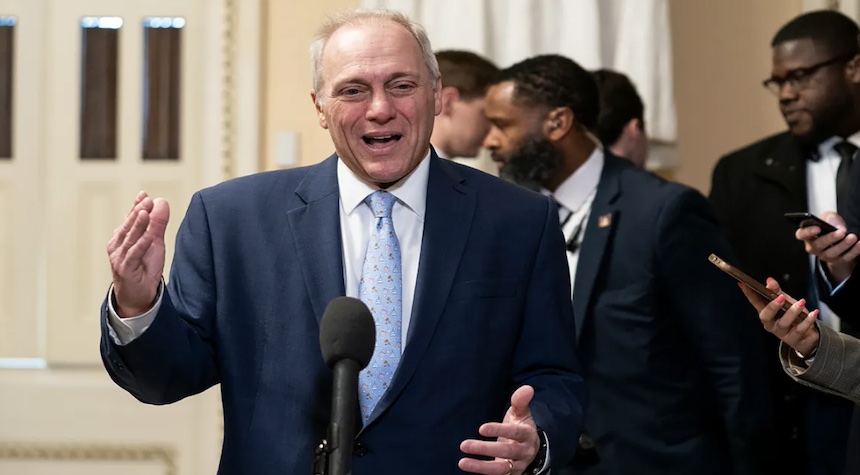House Majority Leader Steve Scalise, the Republican from Louisiana, has stated with certainty that Medicaid work requirements will be implemented sooner than originally planned. This expedited timeline is intended to win the backing of conservative skeptics on a reconciliation package, according to reliable sources.
The initial budget bill, unveiled earlier this week, had scheduled the enforcement of work requirements for 2029. This distant deadline, however, was a sticking point for House conservatives, leading them to withhold their support for the comprehensive bill aimed at funding President Donald Trump’s domestic policy agenda.
Turning now to the broader implications, Scalise refrained from providing a specific timeline for when these work requirements would be put in place. “We haven’t worked out those final details yet. But I think you can expect [the date] to move up,” he conveyed.

Partaking in The Hugh Hewitt Show on Thursday, Scalise further discussed work requirements as a key component of the fiscal reform that budget-conscious members of the House are seeking to control Medicaid expenditures. “This program has mushroomed and ballooned to where it almost doubles in cost every six years. That’s not sustainable. So we’re putting work requirements in place, which is good,” Scalise explained.
He further questioned the fairness of the current system, asking, “Is it fair that somebody who’s able-bodied and healthy and making over the poverty level is getting 90% Medicaid reimbursement and a disabled person is only getting 65%?” Scalise argued that the program’s original intention was to assist the truly needy, such as the disabled and expectant mothers. He suggested a reassessment for those who are capable of seeking employment.
The significance of these proposed changes should not be overlooked, as they raise important questions about the future of Medicaid and its role in our society.

